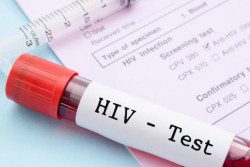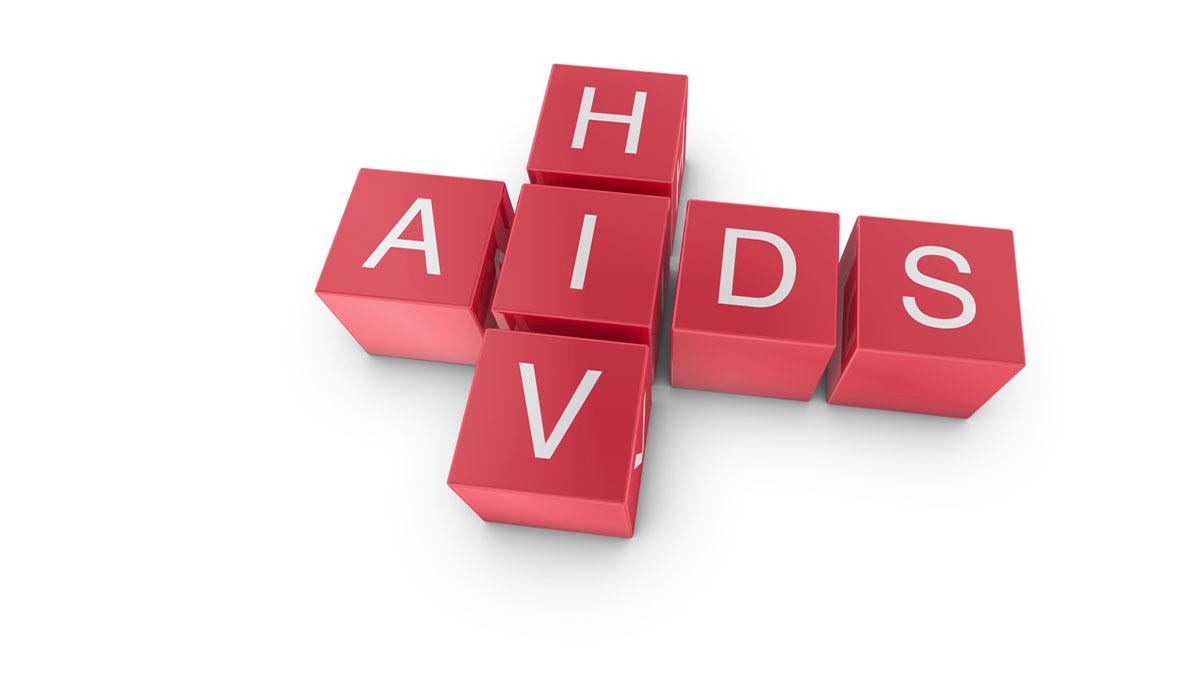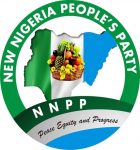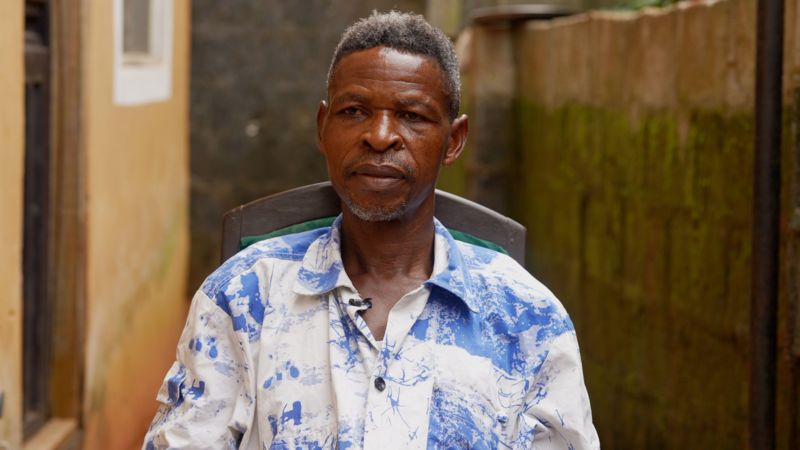- State Has No Updated Statistics Of PLWHIV
- Ngo Slam Govt, Says There’s Lackadaisical On Intervention
Ismaeel Uthman
THE State of Osun is currently witnessing a shortage of essential commodities in the fight against Human Immunodeficiency Virus and Acquired Immunodeficiency Syndrome (HIV/AIDS), investigations have revealed.
In spite of the prevalence of the spread of HIV, findings revealed that there is the scarcity of condoms and test kits needed for the control of the spread of the virus in the state.
Investigations revealed that the Osun State Agency for the Control of Aids (OSACA), an agency responsible for mobilising resources and coordinating interventions on HIV, is not functioning.
The agency, according to sources, has been acutely underfunded.
According to findings, OSACA has not in the last five years, executive any HIV/AIDs intervention programme, except marking World HIV/AIDS days with a roadshow.
OSACA is responsible for distributing condoms and HIV test kits to civil society organisations and other stakeholders working on the control of HIV in the state.
READ: 32,172 People Living With HIV/AIDS In Osun
But the agency is currently rationing the little condoms gotten from either Society for Family Health or The National Agency for the Control of AIDS (NACA).
OSUN DEFENDER reporter visited the OSACA office at Jaleoyemi, Osogbo around 10:am yesterday. Only one person, believed to be the office keeper was around at that time.
The reporter requested condoms but the office keeper said the person in charge was not yet in the office.




About five minutes later, two other staff, male and female, rode into the premises of the office on a motorcycle.
The office assistant beaconed on the reporter to come forward and meet the two staff members.
It was noted that the facial expression of the male staff member changed when the office assistant informed him that the reporter came to request for condoms.
The reporter told the male staff that he needed condoms and instantly, he (staff) said there was no condom. “We don’t have condoms; condoms is not available”, the staffer declared.
OSUN DEFENDER also gathered that there is also a shortage of condoms and no HIV test kit at each of the Primary Health Centres across the state.
It was learnt that some PHCs were given between five to seven pieces of male condoms to women on family planning, as against the large quantity being given to them before.
Findings by OSUN DEFENDER revealed that the last HIV test kits procured by the state government through the Ministry of Health were exhausted in December, 2019.
The test kits were part of the Saving One Million Lives project in the state in 2019, it was learnt.
It was gathered that when the HIV test kits became scarce across the state, implementing partners on HIV/AIDS like the Association of Reproductive and Family Health (ARFH) and Prime Health Initiative (PHRI) donated some test kits to the Local Agency for Control of HIV/AIDS and Manager at some of the Primary Health Centres in the state for sometimes.
OSUN DEFENDER noted that some residents of the state preferred being given condoms to buying it at the pharmacy or other places, as some of them are shy to declare that they want to buy the commodity at an open place.
This is just as Osun as a state does not have updated statistics of the exact number of people living with HIV/AIDS.
It would be recalled that the United States Consul General in Nigeria, Will Stevens, last week said there is need to get 13,000 HIV/AIDS-positive Osun residents on treatment.
Stevens got his figure from the National AID Indicator Survey (NAIIS) that was done in 2018.
According to the survey, a total of 29,000 residents of the State are living with HIV/AIDS.
Of the 29, 000, only 16,000 were placed on treatment as of 2022, according to ECEWS Project Director of HIV treatment for Osun, Ekiti and Delta states, Dr Okezie Onyedinachi.
This implies that between 2019 and first quarter of 2023, Osun could not track the spread of HIV/AID to have updated statistics of the people leaving with the virus.
However, investigations by the medium revealed that HIV is prevalent among the younger generation, poor people, Men-having-Sex-with-Men (MSM), commercial sex workers and drug addicts.
Speaking with OSUN DEFENDER, the State Coordinator for Civil Societies Working on HIV/AIDS in Nigeria (CISHAN), Babatunde Omole, said it will be difficult for Osun to attain vision 95-95-95 with the current disposition of the state government.
Vision 95-95-95 is the Joint United Nations Programme on HIV/AIDS (UNAIDS) goal calling for 95% of all people living with HIV to know their HIV status, 95% of all people with diagnosed HIV infection to receive sustained antiretroviral therapy, and 95% of all people receiving antiretroviral therapy to have viral suppression by 2025.
Omole slammed the state government for what he described as lackadaisical attitude to control the spread of HIV/AIDS.
According to Omole, the state government, especially former governor Adegboyega Oyetola’s administration, did not make any meaningful intervention in the control of HIV/AIDS.
He stated that OSACA, an agency responsible for the government’s intervention in HIV/AIDS control, needed to be revamped for effective service delivery with adequate funding.
Omole confirmed that there is a shortage of condoms and HIV test kits in the state, saying civil society organisations which are critical stakeholders in the control of the virus do not have access to essential commodities.
He said: “Let’s start from the figure of the people leaving with HIV/AID; the current figure of 29,000 is a result of the National AID Indicator Survey (NAIIS). There has not been any survey since then. The implication is that we don’t actually know the number of people that have been infected since 2018.
“Whether we like it or not, Osun still has a relatively very high incidence of HIV in Nigeria, going by the 2018 survey which is the only authentic record as of today. We have some key population, key towns that have higher than the average of the whole state.
“The entry point to the treatment of HIV is to know your status and the only way you can know that is by having the test done. If you don’t go for the test, you can’t know your HIV status. That puts almost everybody in the society at risk and that has been the challenge in Osun state.
“There is the shortage of essential commodities like condoms and test kits, and this is because the Osun State Agency for the Control of Aids (OSACA) is not functional. The state government has not been forthcoming in committing resources to the control of HIV/AIDS.
“We used to get the test kits from the Osun State Agency for the Control of Aids. It is the coordinating agency for HIV/AIDS activities in Osun. Once in a while, we also get from the Risk Control Programme Unit at the state Ministry of Health. But now, there is the shortage of the essential commodities.
“There is need for the state government to be genuine and committed to the control of HIV/AIDS in the state. I am of the opinion that OSACA needs to be repositioned and funded for effective service delivery.”
Omole said the shortage of condoms and test kits portend great risk for the State of Osun in the fight against the spread of HIV/AIDS, saying the state might not attain vision 95-95-95.
Asked what needs to be done, Omole said there is a need for a coordinated and strategic awareness campaign.
He said: “HIV awareness/sensitisation has gone beyond roadshow-dancing and singing on the road. We need to bring in ICT and do more edutainment because the younger generation we are targeting spends most of their time on the internet.
“Awareness on HIV/AIDs in the state is very low. You will not imagine that people do not believe that HIV/AIDs still exist. This is because there is no awareness again.
“There is a need for strategic engagement between the state government and stakeholders working on HIV/AIDS control. There has not been any meaning coordination between civil societies and other stakeholders in the state. The key population has not been properly targeted too.”











